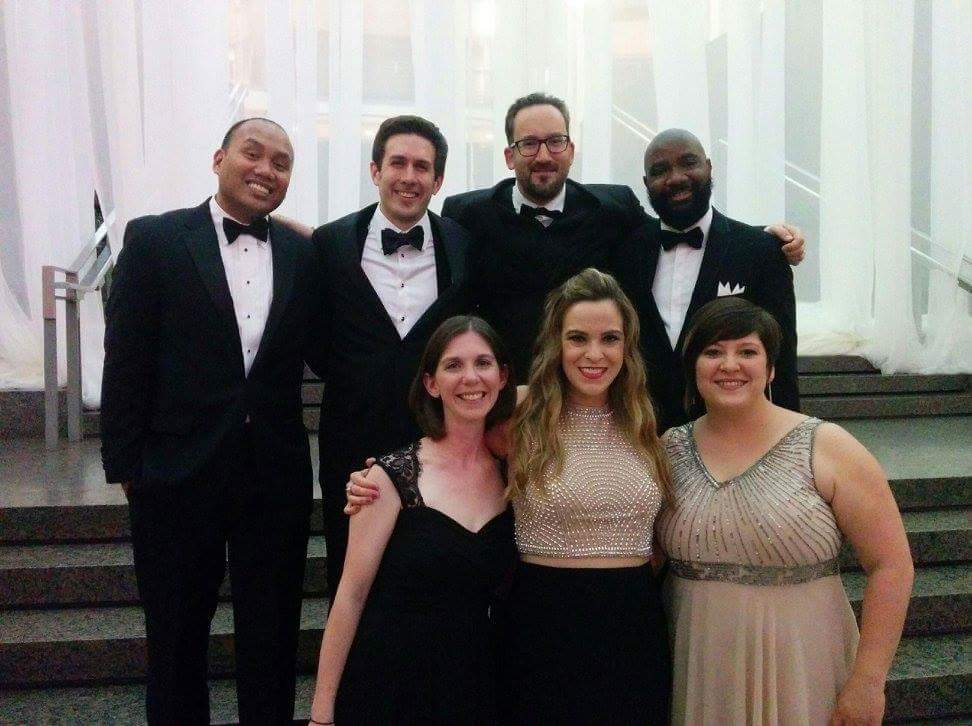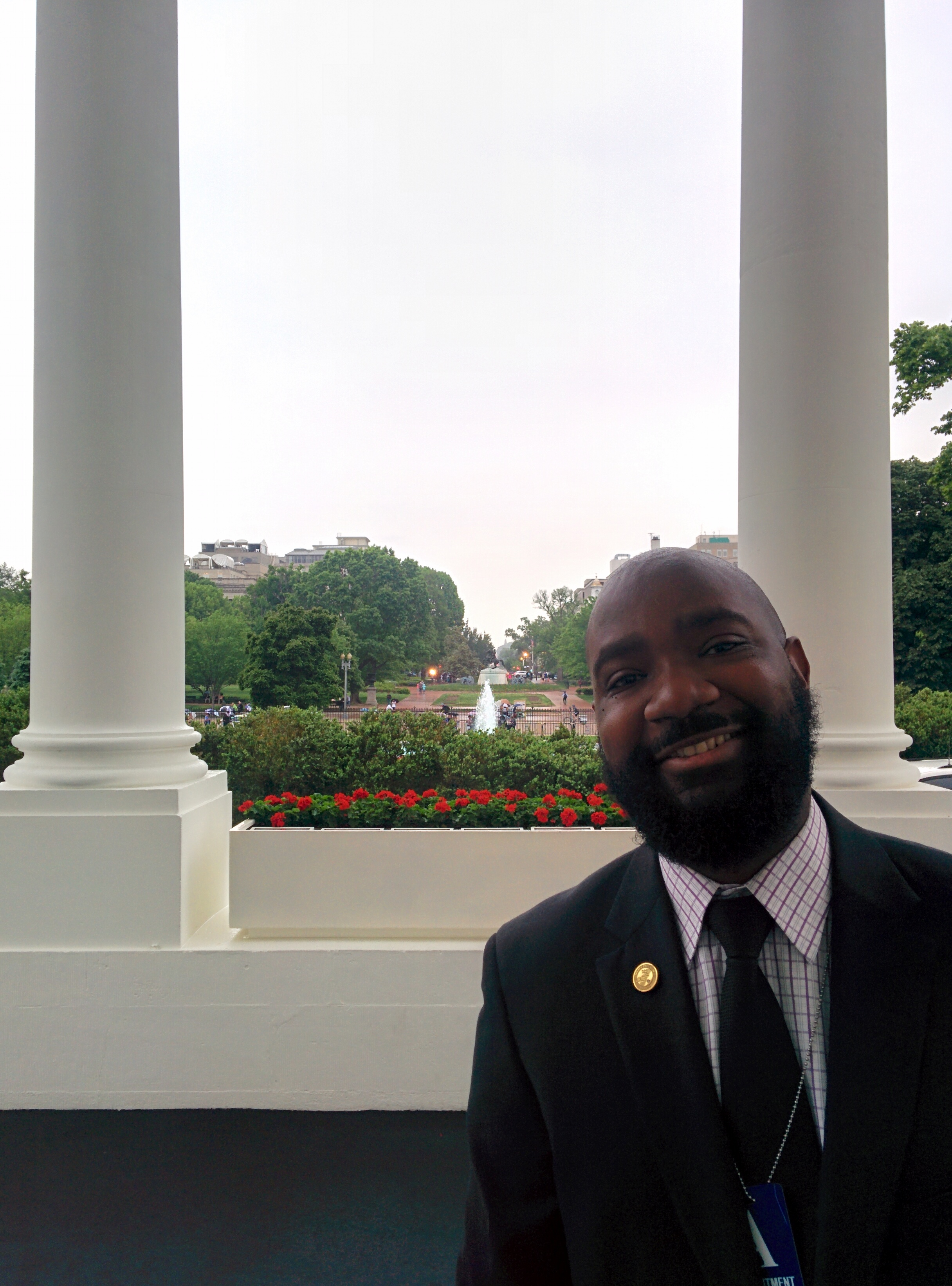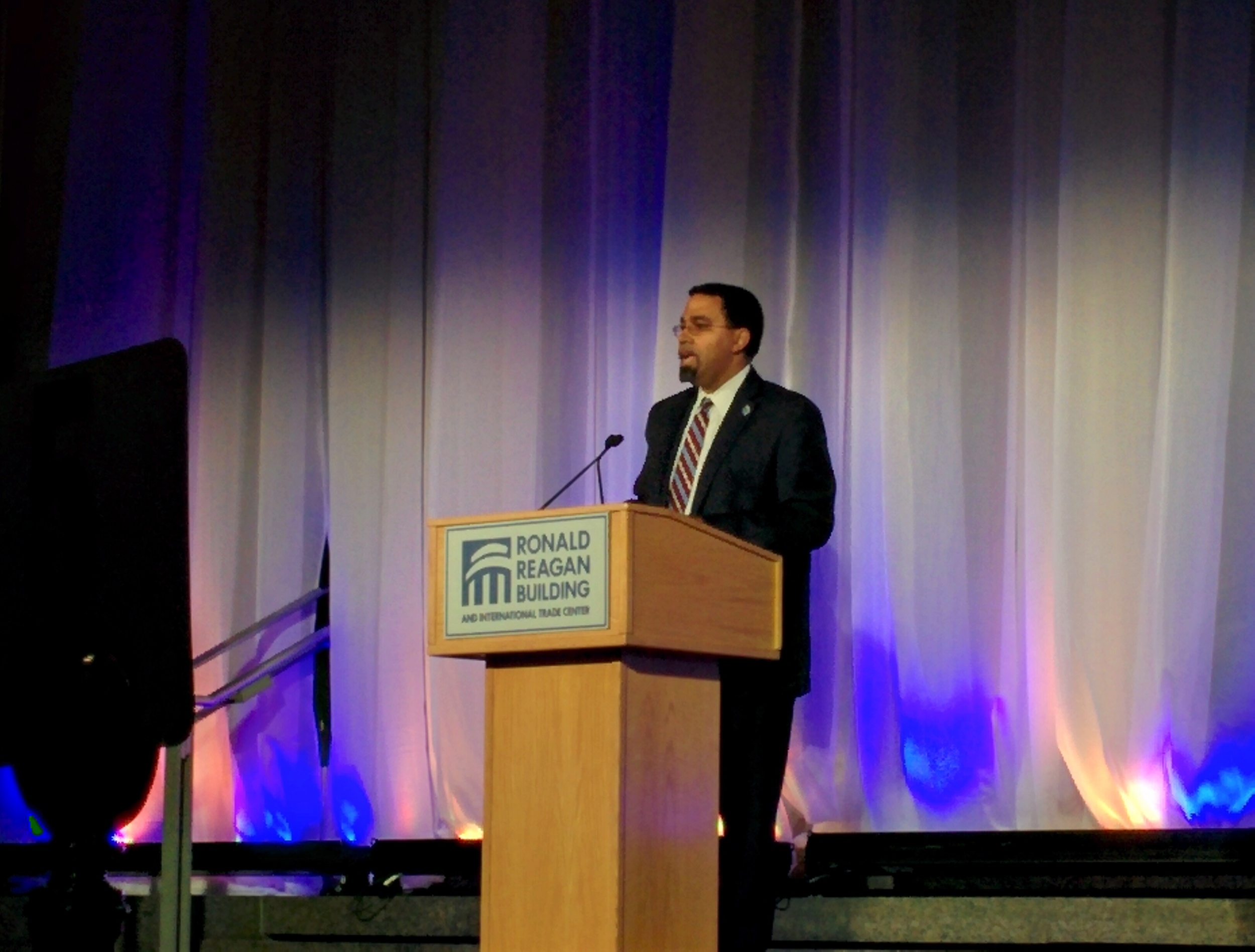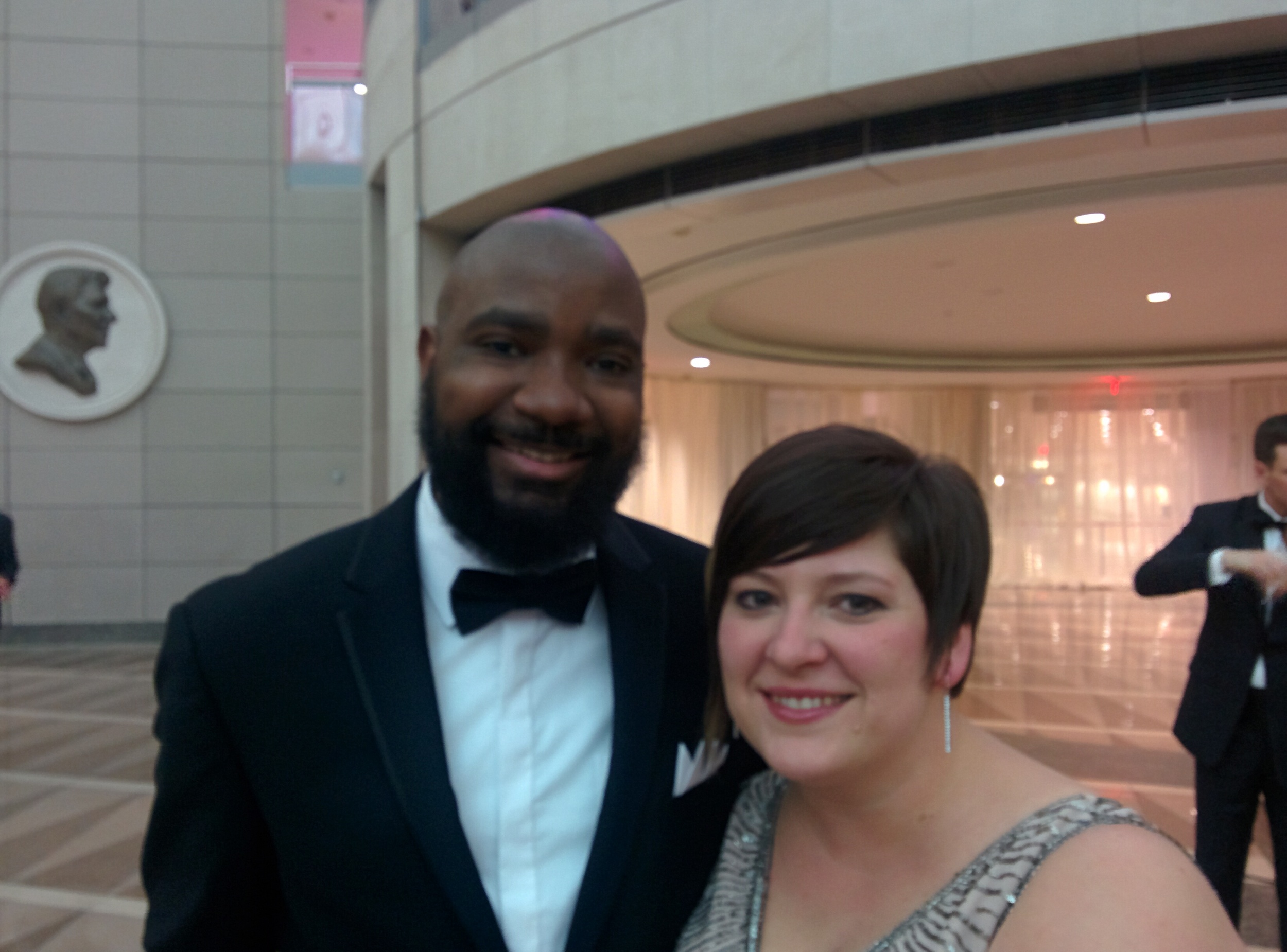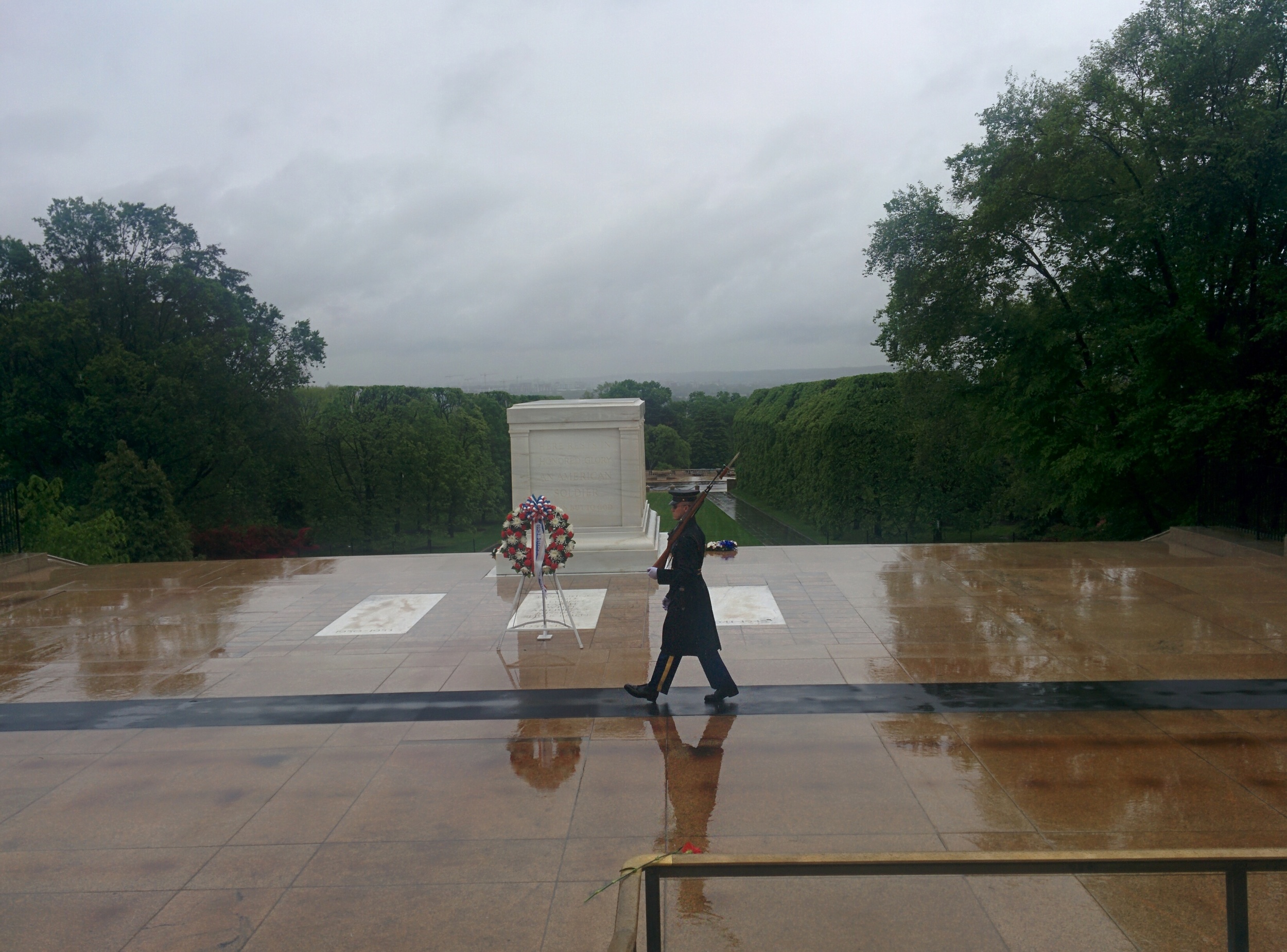There is a version of American history that I was taught in school. You were probably taught it too: America was founded, there were Indians, we had slavery--slavery was bad. Andrew Jackson screwed the Indians and they vanished. We had a Civil War and then Lincoln freed the slaves. After the war black people were still subjugated, but only in the South. Then there were two World Wars, with a Great Depression in between, and then Martin Luther King led some protests, had a Dream, died, and now we are all equal.
This version of history yadda-yaddas through decades of struggle and intentionally obscures decades of laws and policies that helped construct and codify segregation in local, state and federal law. Segregation is not an accident of American history. It is the story of American history.
We have the power and tools to dismantle segregated schools. To do so, we must disabuse ourselves of the notion that somehow, organically, in every major urban area in our nation, a uniform pattern of segregated housing, segregated schools, and disproportionate policing practices simultaneously arose. That is, at best, magical thinking. Segregation was constructed by the government, at the behest of the people (for more on that construction see here, here and especially here). It something we chose to build; it is no different than the transcontinental railroad or the Washington Monument.
We make a choice, we make it everyday. When young, white professionals, live in a working class, mixed race neighborhood as long as they must, but flee to whiter wealthier confines, as soon as they can or when it’s time to have children, they serve as the foot-soldiers of neighborhood and school segregation. Most urban segregation is the result of the absence of white families--white flight. Put differently, people of color do not choose to live in segregation. Segregation is created by white families when they make the choice, conscious or otherwise, to leave communities, en masse. This framing is essential in understanding and solving the problem.
The hallways of my school tell this tale all too clearly. Abraham Lincoln High School was built in 1913 and we have portraits of every graduating class from 1914 through the near present. These are amazing historical markers. I often walk my students through the pictures. I point out famous grads, we discuss how the senior classes in 1942-45 were smaller because so many males enlisted. We note the appearance of the first afros. Every year the same question comes up… “What happened to all the white students?”
The photos are nearly uniformly white until the late 60s (there are a few Japanese students in the late 30s photos, but they vanish after the internment). And then poof somewhere between 1968 and 1972 everything changed. Lincoln is now 75% students of color; it is situated in a city that is 65% white, in state that is 77% white--nearly the perfect inverse. These figures are neither organic nor an accident.
School segregation is the result of intentional policy choices and governmental interventions. It was constructed, and to end it we must deconstruct it through further interventions. We also must acknowledge that segregation was created at the behest of middle class white voters and business leaders and it can only be undone at their behest.
Frankly, I am not hopeful about that happening, longtime readers may recall my response to the Fusco letter--I think his views are more mainstream than we care to admit. When Seattle began busing, 3,000 white students vanished from the district. Today 30% of the students in Seattle attend private schools. Those Venn Diagrams overlap.
These are all choices. We choose to live and teach our children this way, but we don’t have to. There is a better way.







